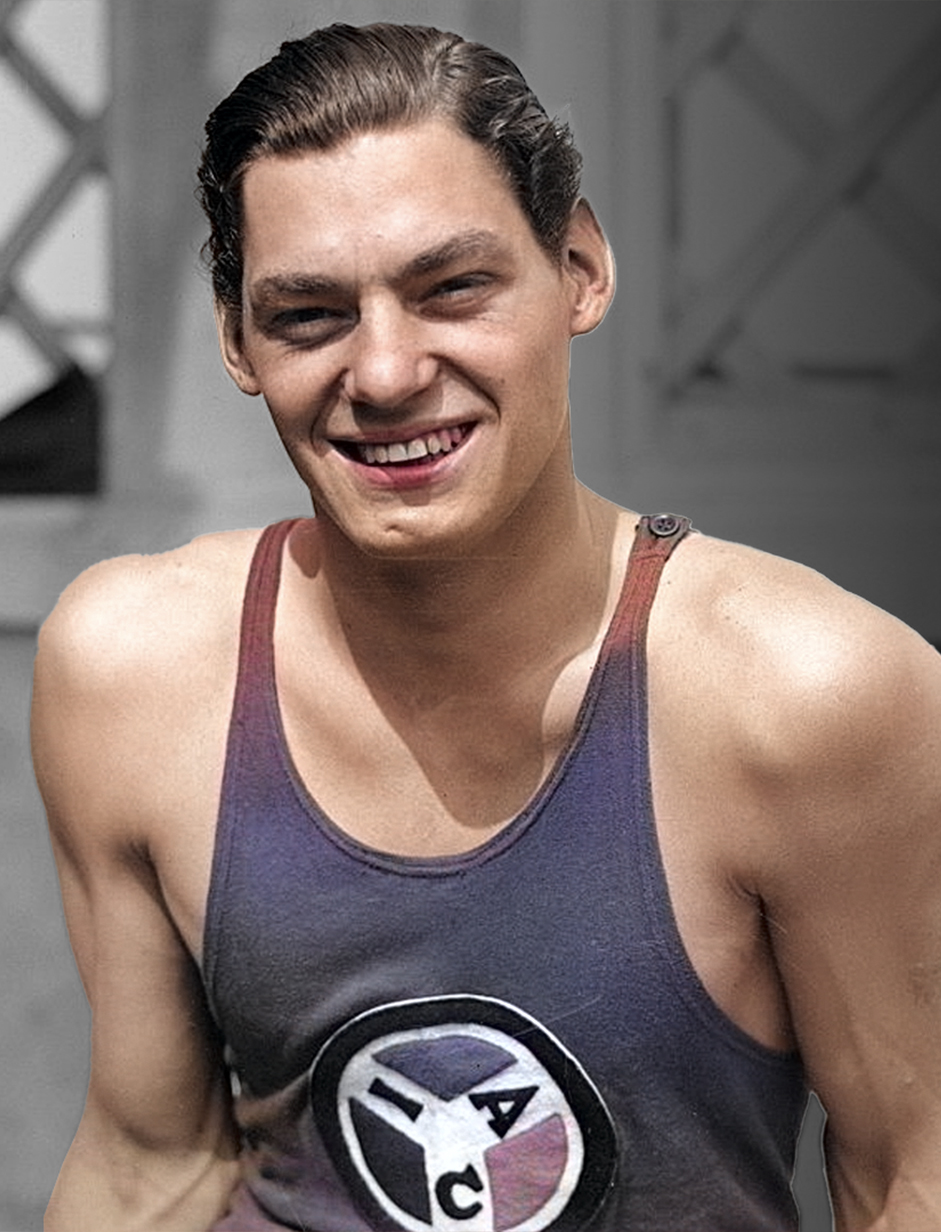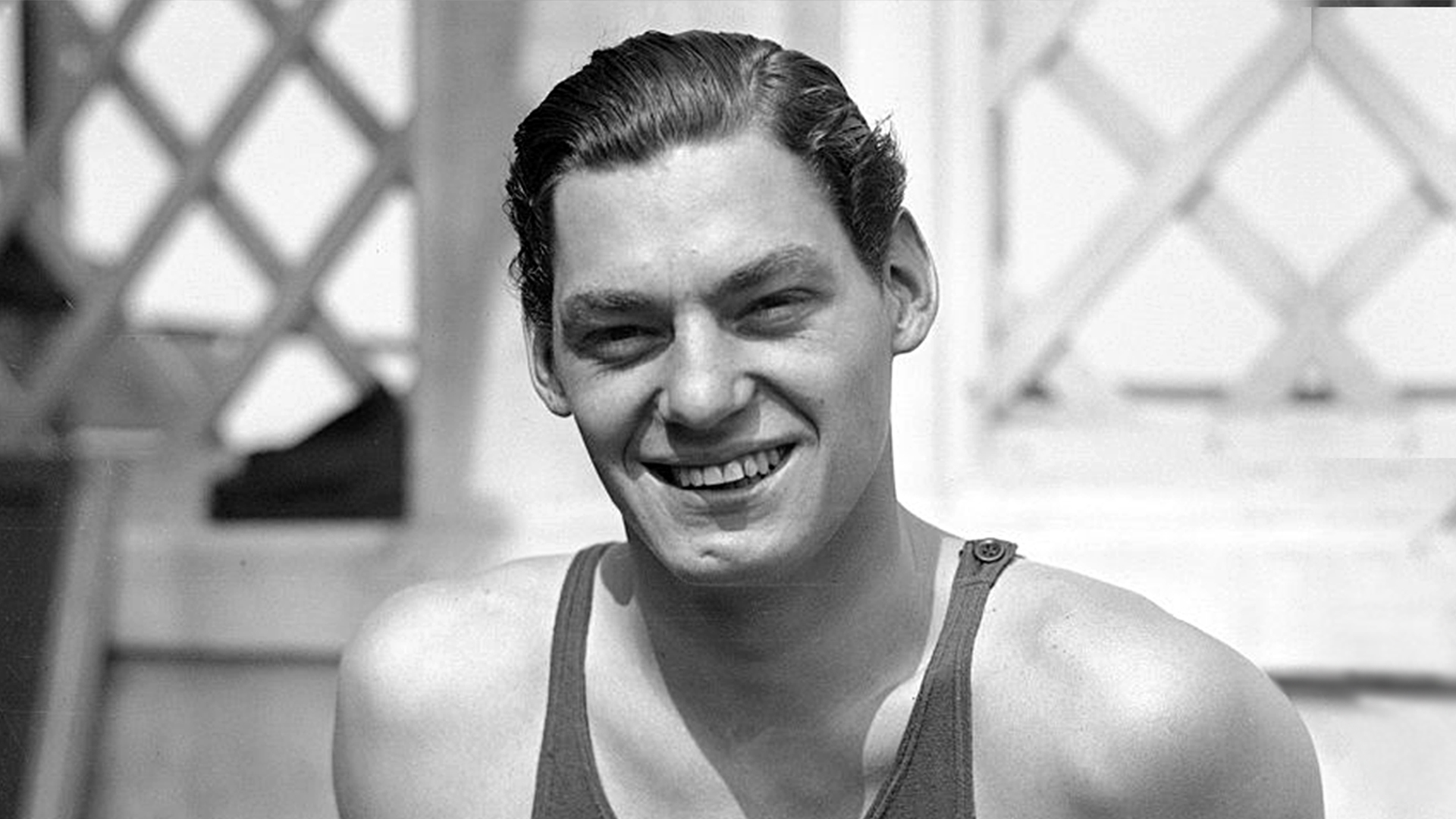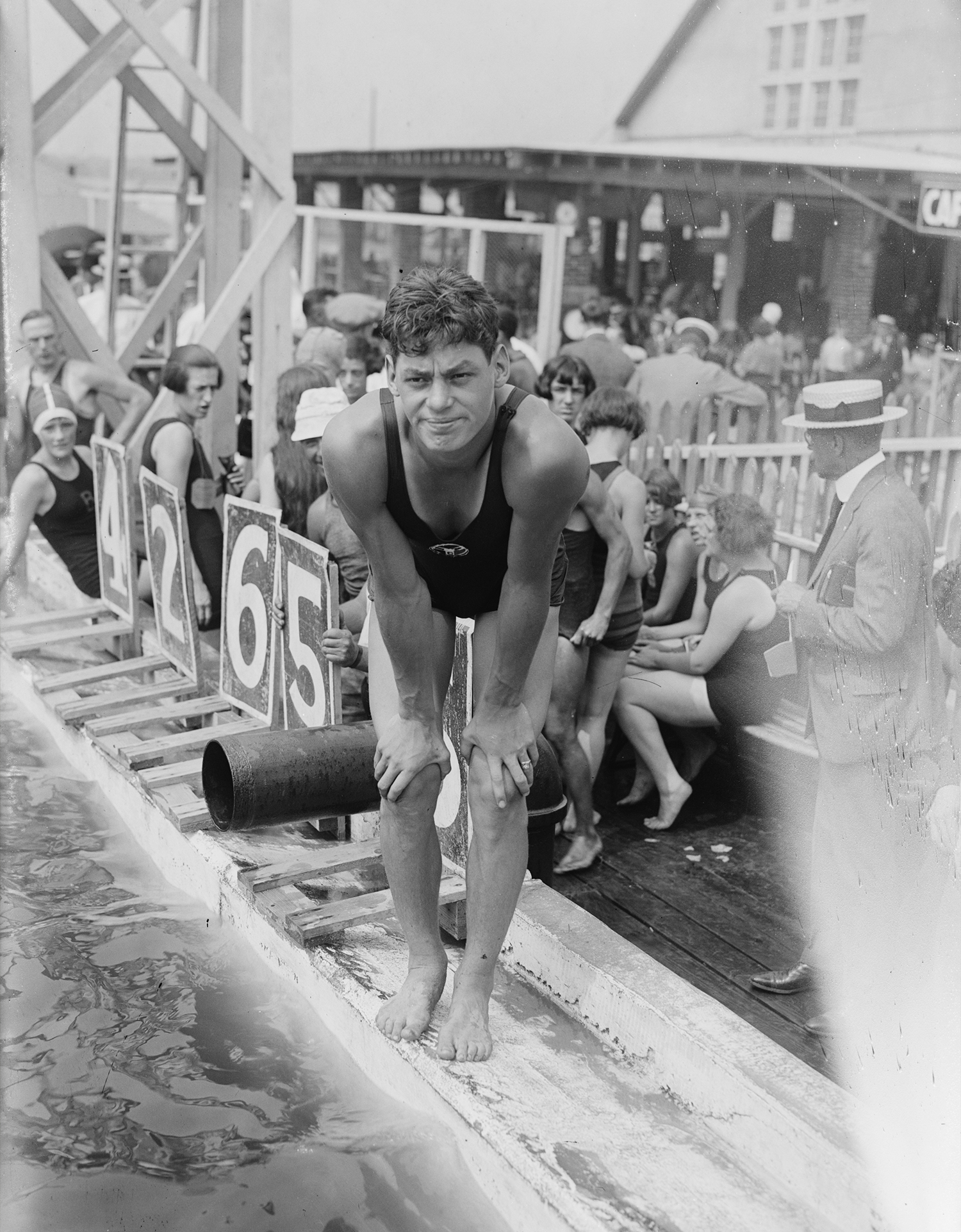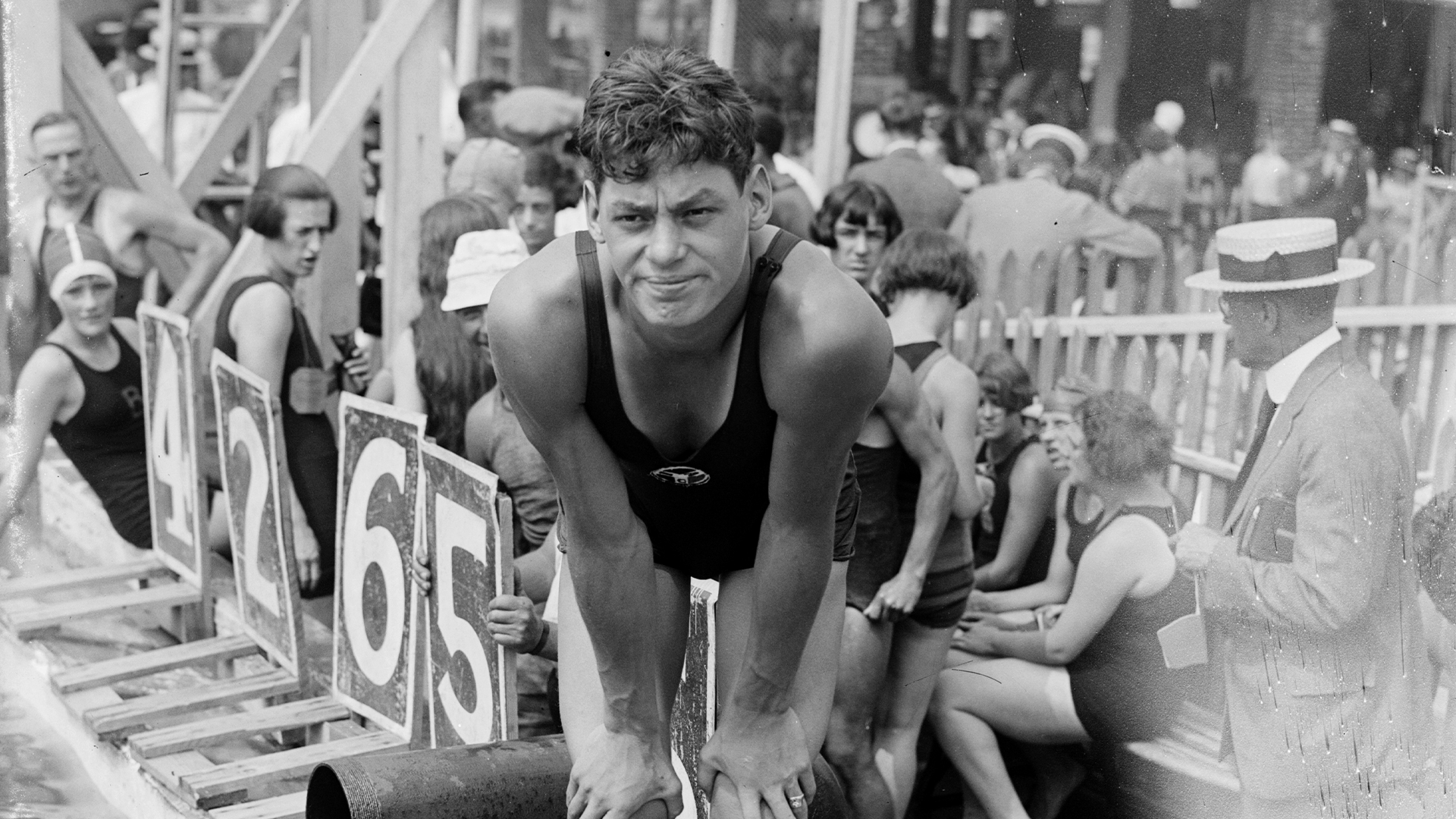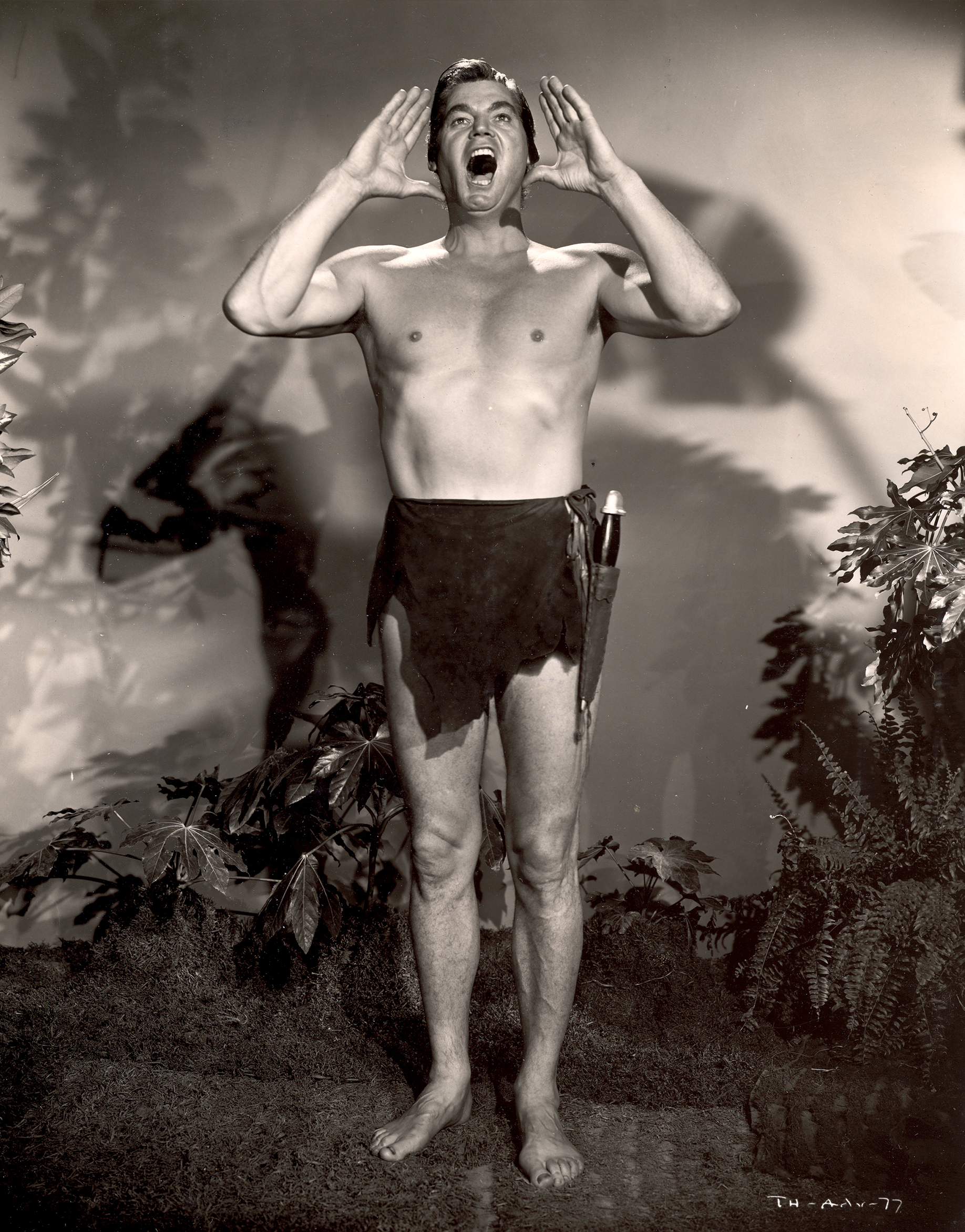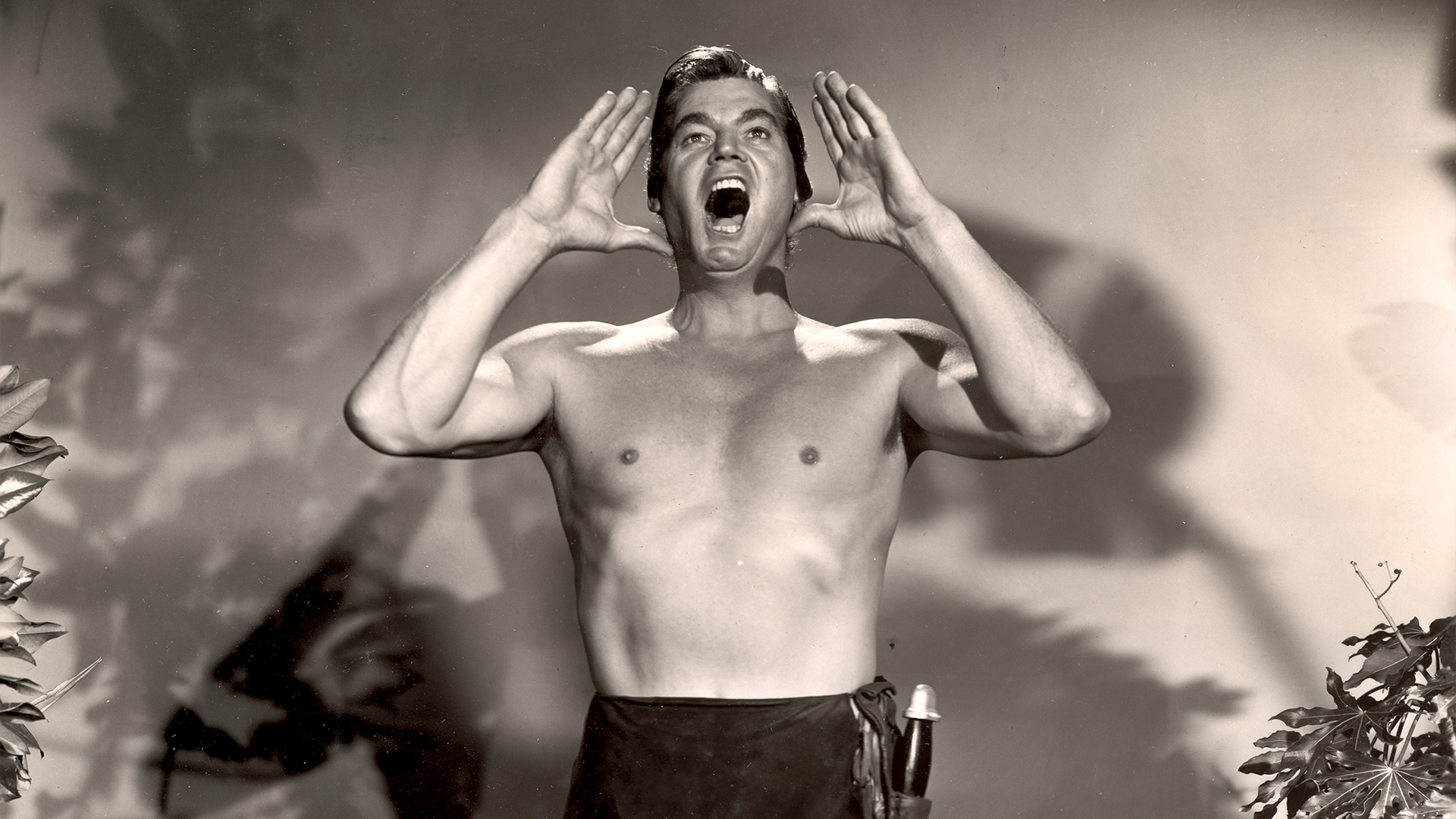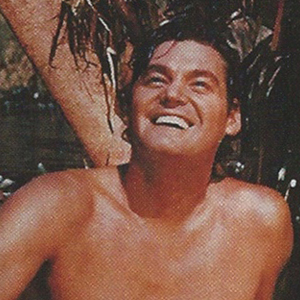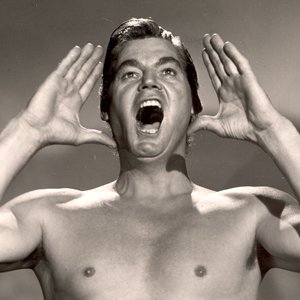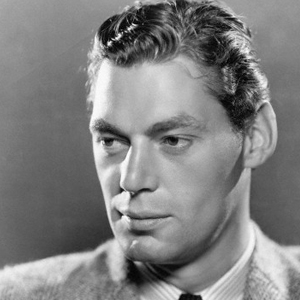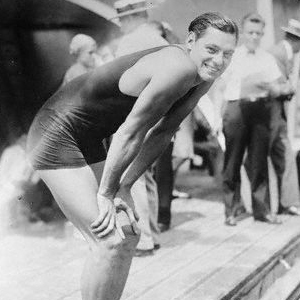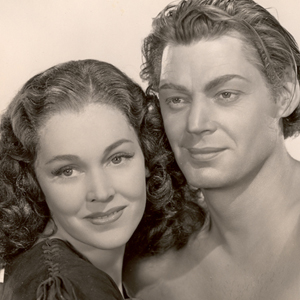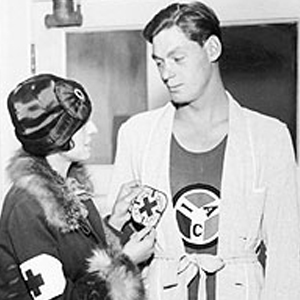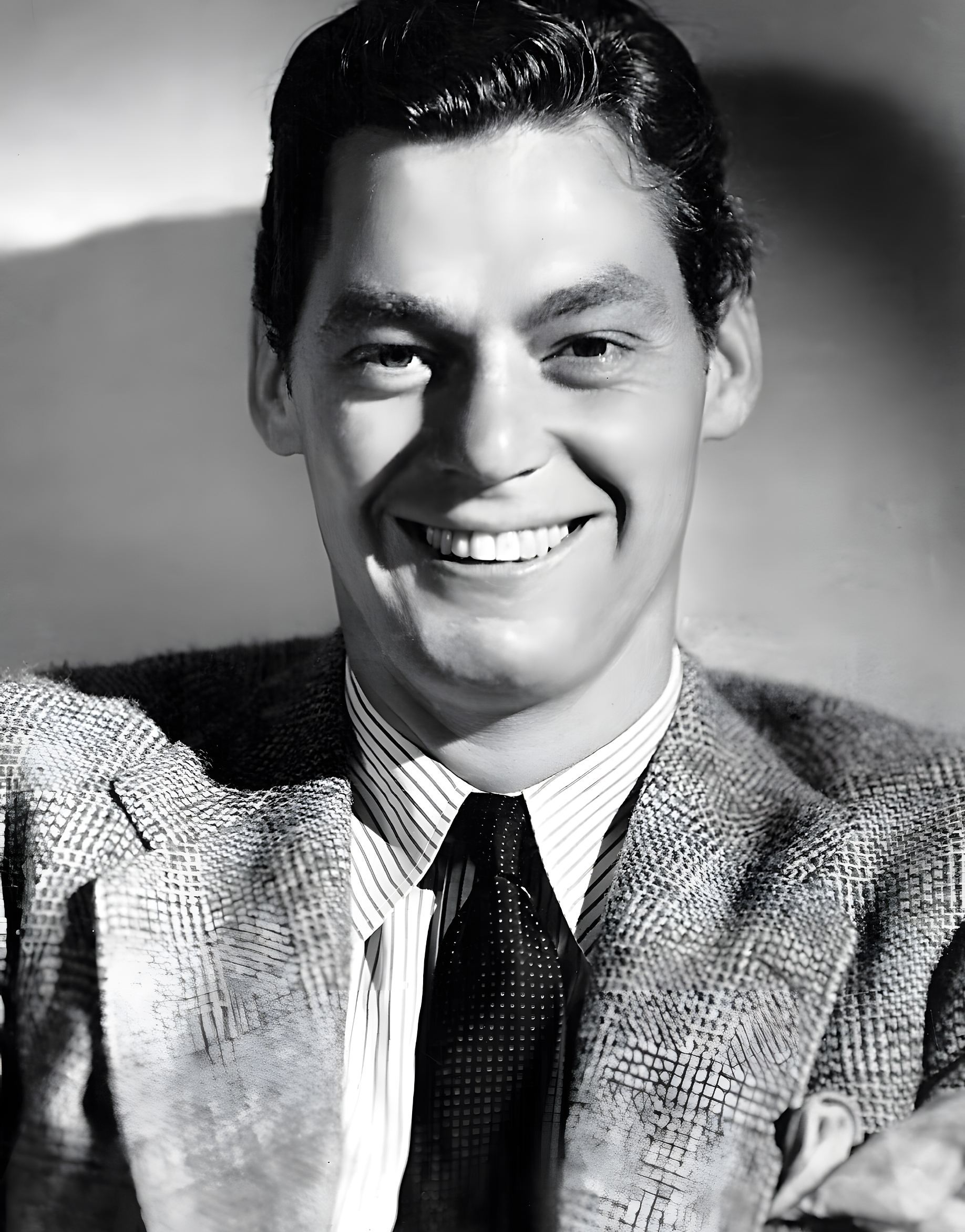
The Johnny Weissmuller Story
Johnny Weissmuller, iconic actor and real-life hero, journeyed from impoverished immigrant to become the first international sports superstar and then global cinema legend—defining an era and captivating audiences worldwide to this day.
One of the most famous faces—and bodies—of the 20th century, Johnny played Tarzan in 12 films, and for hundreds of millions of people, he was the first and ultimate live-action movie hero. He was also the first male sex symbol—and the first and only Olympic champion to morph into a true movie superstar.
With his Hollywood fame, his Olympian brilliance—and a career that spanned fifty years, 67 world records, five gold medals, five marriages, personal tragedy, and the love of a veritable globe full of fans—Johnny Weissmuller was far more than one of the greatest swimmers of all time: he was the quintessential all-American hero.
